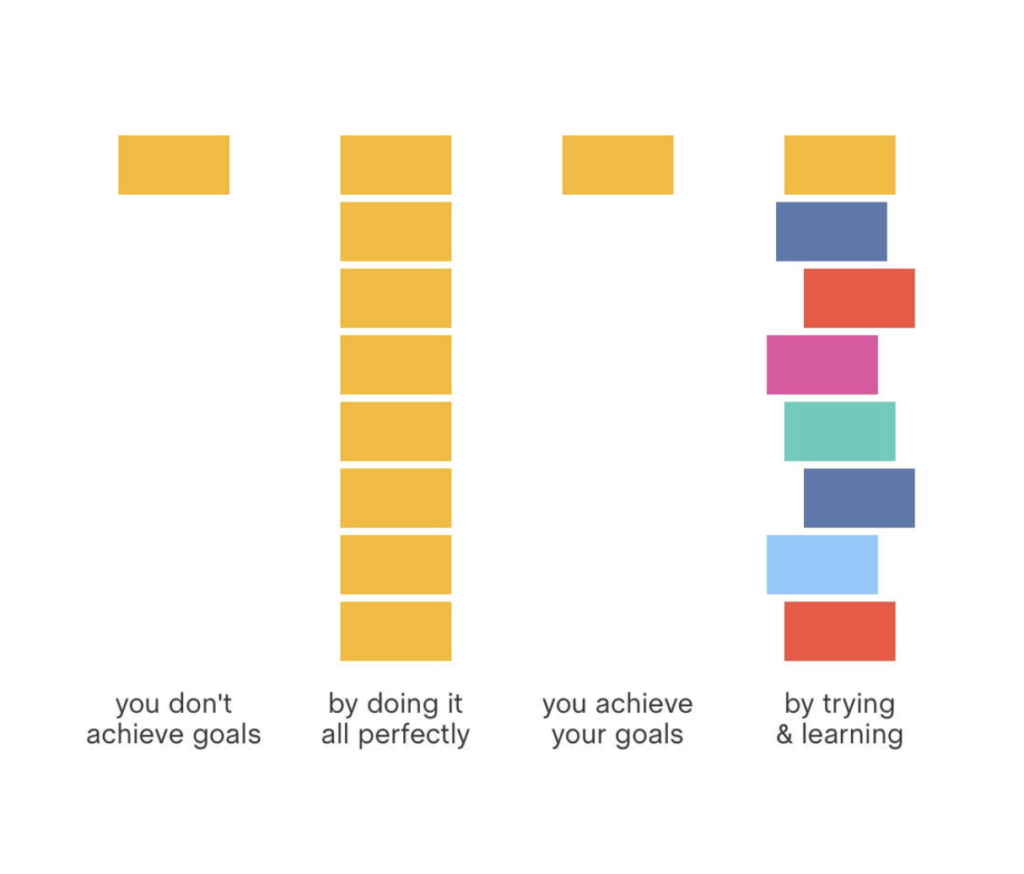Is there an optimal way to get nutrients?
Breakfast is said to be essential to have a great rest of your day. Yet, some people ride the morning with just coffee and maybe a toast. In some countries, lunch is the largest most filling meal of the day and dinner ends up being more of a snack. In contrast, in the United States of America dinner is more often the largest meal of the day. Breakfast and lunch tend to be smaller and made more efficient.
This US triad concept started way back in time of the industrial revolution. Working and going to school shifted the way people ate and the times they ate. If I dare say, pushed what we ate in the back burner because it was all about efficiency.
So is there an optimal way to get our nutrients?
Optimizing our nutrition especially as parents comes down to planning. Yes, I know, something else TO DO but unless we have our own personal chef or can pay for meal delivery services on the regular we have to plan.
I know there is also a lot of privilege tied to this as budget and time varies in households and families. I recognize that access to produce and nutrient-dense foods is not the same for everyone. This all effects a person’s ability to plan ahead for food.
Planning is a skill that some enjoy and others do not. I know this from working with clients that aren’t used to being intentional with what they eat. And I get it, we have to plan so many aspects of our lives and now we have to add food.
Before we make a plan we need to know the basics. We have to gather information, asses, and then form a plan.
The information we need can include:
- Budget
- Who does the grocery shopping
- time to grocery shop
- where do you grocery shop
- Who cooks
- times of cooking/prepping ( do you cook everyday, what days, and how much time do you have to actually cook?)
- Do you make a menu, meal prep, batch cook, food prep?
Answering these questions can help us optimize our nutrition because we then remove unknowns and leave space for the million dollar question: What do I eat?
What you eat is determined by many factors and more questions.
Some Questions I ask clients:
-Do you have food allergies, food sensitivities, conditions like celiac or Chron’s , or other diagnoses like diabetes, high blood pressure that can play a role on your diet?
-What are you cultural foods? How often do you eat them?
-What do you think is a nutrient-dense meal?
You get where am going with this right? Optimizing your nutrition is not a one-size-fits-all answer. It is looking into your unique experience as a parent and as a person to find what can work for you. To see what will stick so you can reach your and/or your families’ health goals aka for the long-haul.
And yes, there are general recommendations that can be applied to all. Nutrient facts like staying hydrated to help our organs and joints work properly. Eating enough macronutrients like carbs that is is our brain’s primary source of energy. Having protein to help build muscle and everything else in our bodies. And fats to help us with energy, help our hormones work properly, and absorb fat-soluble vitamins. Add in getting as much servings of vegetables ( 4-5 is general recommendation) to ensure variety in vitamins, minerals, and fiber.
If all this sounds overwhelming, you are not alone.

A way through is by taking small actions in the areas that we can. Picking one meal we like to make and seeing what we can add to make it more nutrient-dense. This doesn’t mean that you will get right every time and that’s ok. You continue trying.
I hope this gave you perspective on what it means to optimize your nutrition.
Is there an optimal way to get nutrients?
Breakfast is said to be essential to have a great rest of your day. Yet, some people ride the morning with just coffee and maybe a toast. In some countries, lunch is the largest most filling meal of the day and dinner ends up being more of a snack. In contrast, in the United States of America dinner is more often the largest meal of the day. Breakfast and lunch tend to be smaller and made more efficient.
This US triad concept started way back in time of the industrial revolution. Working and going to school shifted the way people ate and the times they ate. If I dare say, pushed what we ate in the back burner because it was all about efficiency.
So is there an optimal way to get our nutrients?
Optimizing our nutrition especially as parents comes down to planning. Yes, I know, something else TO DO but unless we have our own personal chef or can pay for meal delivery services on the regular we have to plan.
I know there is also a lot of privilege tied to this as budget and time varies in households and families. I recognize that access to produce and nutrient-dense foods is not the same for everyone. This all effects a person’s ability to plan ahead for food.
Planning is a skill that some enjoy and others do not. I know this from working with clients that aren’t used to being intentional with what they eat. And I get it, we have to plan so many aspects of our lives and now we have to add food.
Before we make a plan we need to know the basics. We have to gather information, asses, and then form a plan.
The information we need can include:
- Budget
- Who does the grocery shopping
- time to grocery shop
- where do you grocery shop
- Who cooks
- times of cooking/prepping ( do you cook everyday, what days, and how much time do you have to actually cook?)
- Do you make a menu, meal prep, batch cook, food prep?
Answering these questions can help us optimize our nutrition because we then remove unknowns and leave space for the million dollar question: What do I eat?
What you eat is determined by many factors and more questions.
Some Questions I ask clients:
Do you have food allergies, food sensitivities, conditions like celiac or Chron’s , or other diagnoses like diabetes, high blood pressure that can play a role on your diet?
What are you cultural foods? How often do you eat them?
What do you think is a nutrient-dense meal?
You get where am going with this right? Optimizing your nutrition is not a one-size-fits-all answer. It is looking into your unique experience as a parent and as a person to find what can work for you. To see what will stick so you can reach your and/or your families’ health goals. AKA Sustainability.
And yes, there are general recommendations that can be applied to all. Nutrient facts like staying hydrated to help our organs and joints work properly. Eating enough macronutrients like carbs that is is our brain’s primary source of energy. Having protein to help build muscle and everything else in our bodies. And fats to help us with energy, help our hormones work properly, and absorb fat-soluble vitamins. Add in getting as much servings of vegetables ( 4-5 is general recommendation) to ensure variety in vitamins, minerals, and fiber.
If all this sounds overwhelming, you are not alone.

A way through is by taking small actions in the areas that we can. Picking one meal we like to make and seeing what we can add to make it more nutrient-dense. This doesn’t mean that you will get right every time and that’s ok. You continue trying.
I hope this gave you perspective on what it means to optimize your nutrition.
Feel free to share your thoughts or any questions you have.
